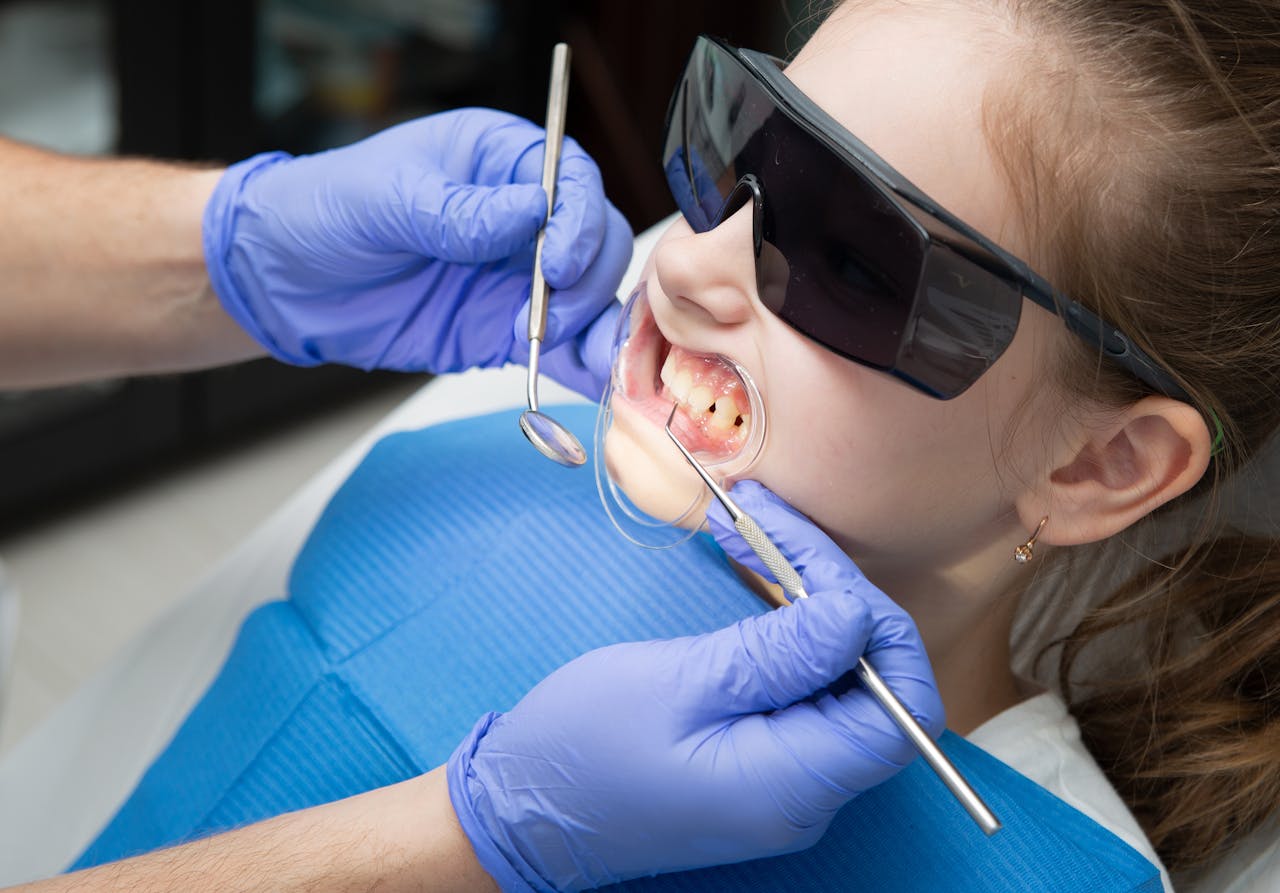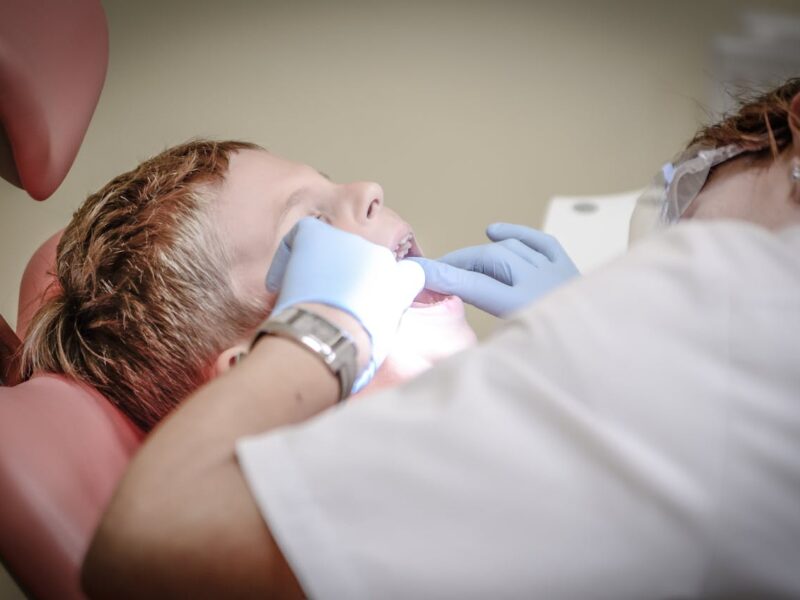Pediatric dentists specialize in making dental visits less intimidating and more comfortable for young patients. This is important since children tend to be more fearful than adults when visiting the dentist.
Pediatric dentists also guide brushing techniques, flossing, and diet choices that promote good oral health. This can lead to a lifetime of healthier smiles.
Contents
Brushing
Achieving good oral health starts at a young age. Pediatric dentists help set children up for a lifetime of healthy habits through regular visits and education on proper brushing techniques and dietary choices.
Providing treatments that address children’s needs is another primary objective of pediatric dentistry. Whether it’s filling in tooth decay or managing bite issues, pediatric dentists are skilled at addressing these issues easily to ensure the best outcomes.
Additionally, pediatric dentists are trained to use behavior management skills to pacify kids and help them feel comfortable during dental procedures. Children have mood swings and are often fearful in unfamiliar surroundings, but pediatric dentists know how to work with children’s unique personalities. This makes the overall experience easier and helps them form a trusting relationship with their dentist from an early age. This also helps reduce dental anxiety and stress that can be caused by visiting a different dentist as they get older.
Regular Checkups
As they age, your child will require routine dental cleanings to remove the tartar and plaque that can cause cavities. Pediatric dentists are specially trained to make these cleanings more comfortable for kids, and they can provide education about oral hygiene habits to help your child maintain their oral health as they grow.
In addition, a pediatric dentist will also examine your child’s teeth and gums to spot potential issues. They can then recommend other services, like orthodontic treatments, to address bite alignment issues that may be causing dental problems. Getting your child in for these appointments early can prevent bigger problems and save you time and money in the long run.
A skilled pediatric dentist can help your child develop good oral health habits early and set them up for a lifetime of great dental care. Regular checkups, a healthy diet, brushing, and flossing can help your children avoid serious dental health issues later in life.
Flossing
Because kids can’t brush every crevice of their mouth, certain areas will get missed. These areas can collect plaque and become breeding grounds for thousands of bacteria, eventually leading to tooth decay if not removed. Dental cleanings performed twice a year by pediatric dentists remove excess plaque and keep bacteria populations low, helping children maintain healthy teeth.
Pediatric dentists also perform restorative treatments like filling cavities and crowns, repairing damaged teeth, and correcting crooked or misaligned teeth. By addressing these problems early, pediatric dentists help children avoid more invasive procedures in the future and save parents money.
Pediatric dentists are specially trained to work with children and understand how to communicate with them in a way that makes them feel comfortable. Their colorful offices and child-friendly tools are just a few of the ways they go above and beyond to create an environment that helps kids trust their dentists.
Nutritional Advice
A pediatric dentist can help you understand the connection between what children eat and their dental health. They can also recommend ways to make mealtime enjoyable if your child is a picky eater.
Another key role of pediatric dentistry is to provide restorative care to children who have suffered from tooth decay and other dental problems. This helps them eat, drink and speak normally again, preventing future problems.
Pediatric dentists receive extra training in creating a positive experience for kids at the dental office. This includes taking classes on child development and calming techniques to create an office environment that is welcoming and fun for children.
Additionally, they can detect dental issues early on to be addressed before they become more serious, saving children from unnecessary pain and discomfort. They can also teach children and parents about healthy eating habits, brushing techniques, flossing methods, and other essential oral health information.



